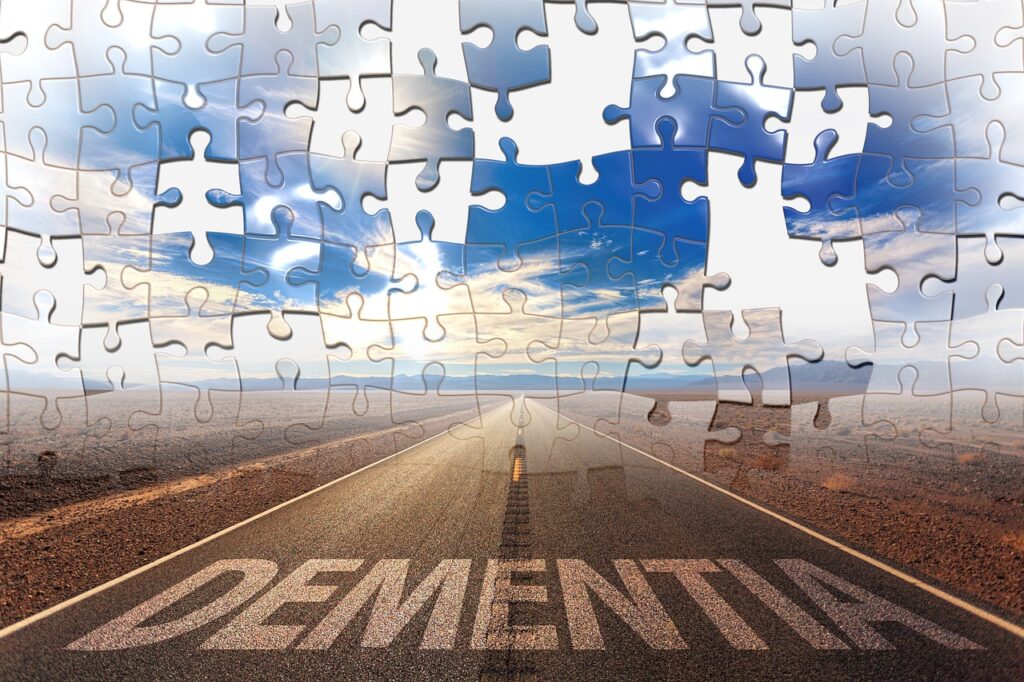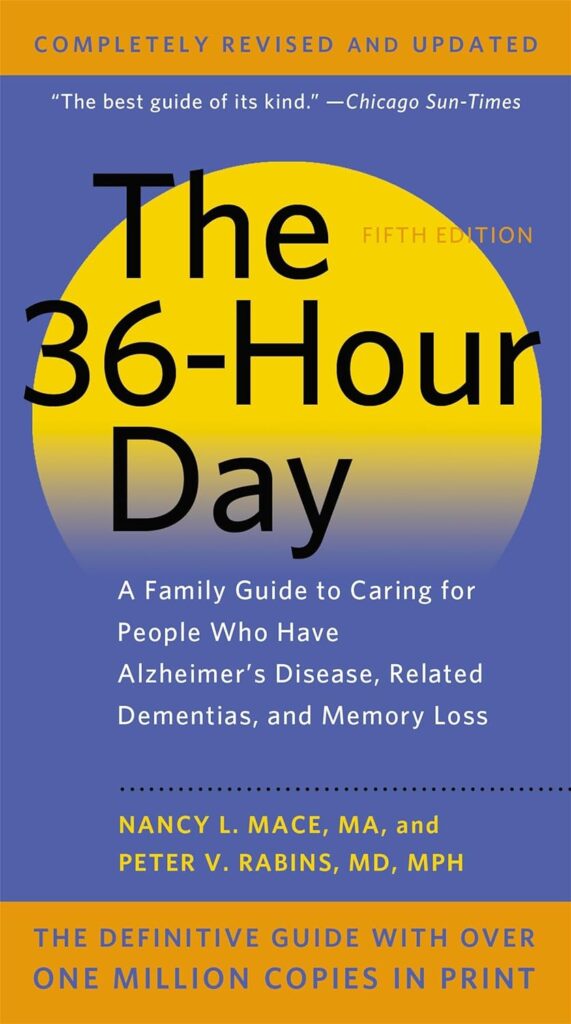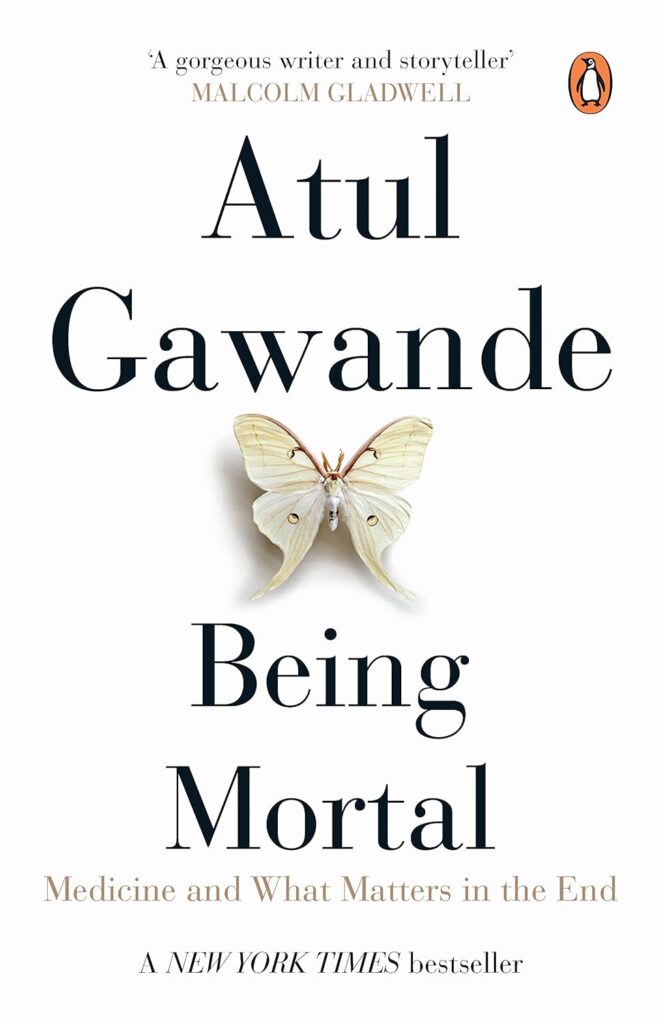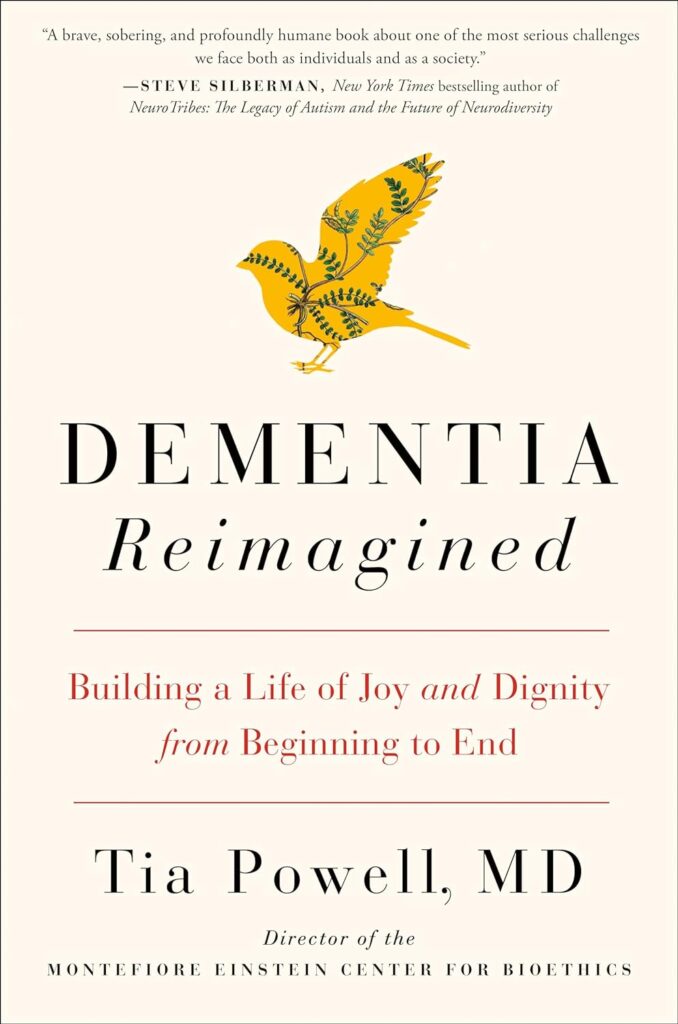Dementia Awareness
Dementia is a debilitating condition that affects millions worldwide, causing a decline in cognitive abilities that interferes with daily life. While it primarily affects older adults, it can also occur in younger age groups. In this comprehensive guide, we explore the various aspects of dementia, including its causes, risk factors, prevention strategies, treatment options, holistic approaches, emerging research, societal impact, community resources, best-selling books, and interactive elements to engage readers.

Table of Contents
Awareness towards Dementia
Dementia is not a single disease but a collective term for a range of symptoms associated with a decline in memory, thinking, behavior, and the ability to perform everyday tasks. It profoundly impacts individuals, their families, and caregivers, making it essential to understand its underlying causes and potential interventions.
Understanding the Causes of Dementia
Dementia can stem from various factors, including neurodegenerative diseases such as Alzheimer’s, vascular issues, genetic predispositions, and lifestyle choices. Neurodegenerative diseases, including Alzheimer’s and Parkinson’s, lead to progressive brain cell damage, resulting in cognitive decline. Vascular factors, such as strokes or small vessel disease, can disrupt blood flow to the brain, contributing to vascular dementia. Genetic predispositions and lifestyle factors, such as unhealthy diets and lack of physical activity, also play significant roles in dementia development.
Age Groups Affected by Dementia
Dementia predominantly affects older adults, with the risk increasing significantly after the age of 65. However, there are cases of early-onset dementia, which can occur in individuals in their 40s or 50s. Early-onset dementia poses unique challenges and requires specialized attention and support.
Identifying the Risk Factors of Dementia
Several factors contribute to the risk of developing dementia, including age, genetics, cardiovascular health, and lifestyle choices. Aging is the most significant risk factor, with the likelihood of dementia doubling every five years after the age of 65. Genetics also play a role, with certain gene mutations increasing the susceptibility to dementia. Additionally, poor cardiovascular health, including high blood pressure, diabetes, and high cholesterol, can elevate the risk. Lifestyle choices such as smoking, excessive alcohol consumption, and sedentary behavior further increase the likelihood of developing dementia.
Prevention Strategies for Dementia
While some risk factors for dementia are beyond control, adopting a healthy lifestyle can help mitigate the risk. Engaging in regular physical activity, maintaining a balanced diet rich in fruits, vegetables, and omega-3 fatty acids, and avoiding tobacco and excessive alcohol consumption are essential preventive measures. Staying mentally and socially active through activities such as reading, puzzles, and social interactions can also support brain health and reduce the risk of cognitive decline.
Exploring Treatment Options
While there is currently no cure for most types of dementia, various treatment approaches can help manage symptoms and improve quality of life. Medications such as cholinesterase inhibitors and memantine may help alleviate cognitive symptoms in some individuals. Additionally, therapies such as occupational therapy, speech therapy, and cognitive rehabilitation can assist in maintaining independence and function. Providing a supportive environment, participating in clinical trials investigating potential treatments, and incorporating holistic approaches such as acupuncture, mindfulness meditation, and aromatherapy can also contribute to comprehensive dementia care.
Emerging Research on Dementia
Ongoing research in the field of dementia explores novel treatment strategies, biomarkers for early detection, and potential interventions to slow disease progression. Recent studies focus on the role of genetics, inflammation, and neuroplasticity in dementia pathogenesis, paving the way for innovative therapies and personalized treatment approaches.
Impact of Dementia on Society
Dementia exerts a significant societal impact, affecting not only individuals and their families but also healthcare systems, economies, and communities. The rising prevalence of dementia poses challenges for healthcare infrastructure, caregiving resources, and social support networks. Addressing dementia as a public health priority requires concerted efforts to raise awareness, promote early diagnosis, and implement dementia-friendly policies and practices.
Community Resources for Dementia Support
Numerous organizations, support groups, online forums , and helplines offer valuable resources and support for individuals affected by dementia and their caregivers. These community resources provide information, education, emotional support, and practical assistance to navigate the challenges associated with dementia. Whether seeking advice on caregiving strategies, accessing respite services, or connecting with others facing similar experiences, community resources play a crucial role in enhancing the quality of life for those affected by dementia.
Global Community Resources for Dementia Awareness and Support
1. United States
Alzheimer’s Association: Provides support groups, educational workshops, online resources, and a 24/7 helpline for individuals with dementia and their caregivers.
Aging and Disability Resource Centers (ADRCs): Offer information and assistance on local services, support groups, and caregiver resources.
United Kingdom
Alzheimer’s Society: Offers information, support services, dementia cafes, and online community forums for individuals affected by dementia and their families.
Dementia UK: Provides Admiral Nurse services offering specialist dementia support to families, as well as online resources and helpline support.
Canada
Alzheimer Society of Canada: Offers education, support groups, dementia helpline, and resources for individuals with dementia and caregivers.
Canadian Dementia Resource and Knowledge Exchange (CDRAKE): Provides online resources, training programs, and networking opportunities for professionals and caregivers in the dementia field.
Australia
Dementia Australia: Offers dementia support services, education programs, online resources, and a helpline for individuals with dementia, families, and carers.
Alzheimer’s Australia: Provides advocacy, support groups, information sessions, and resources for people living with dementia and their families.
Germany
Deutsche Alzheimer Gesellschaft: Offers counseling, support groups, educational programs, and advocacy for individuals with dementia and their caregivers.
France
France Alzheimer: Provides information, support groups, counseling services, and advocacy for individuals with dementia and their families.
Japan
Alzheimer’s Association Japan: Offers support services, educational programs, and resources for individuals with dementia, caregivers, and healthcare professionals.
Netherlands
Alzheimer Nederland: Provides information, support groups, Alzheimer cafes, and advocacy for individuals living with dementia and their caregivers.
Sweden
Alzheimerfonden: Offers support, education, and research funding for individuals affected by dementia and their families.
India
ARDSI (Alzheimer’s & Related Disorders Society of India): Provides support, advocacy, and education for individuals with dementia, caregivers, and healthcare professionals.
South Africa
Alzheimer’s South Africa: Offers support services, education, advocacy, and research initiatives for individuals with dementia and their families.
Best-Selling Books on Dementia Awareness
Discovering insights from best-selling books on dementia can provide valuable perspectives and practical guidance for individuals seeking to understand the condition better or support loved ones affected by it. Here are some highly recommended books:
“The 36-Hour Day: A Family Guide to Caring for People Who Have Alzheimer Disease, Related Dementias, and Memory Loss”
– by Nancy L. Mace and Peter V. Rabins
This comprehensive guide offers practical advice and compassionate support for caregivers of individuals with dementia, covering topics such as managing behaviors, navigating healthcare systems, and maintaining self-care.

Buy Here: https://amzn.to/3Ti6ewZ
“Still Alice”
– by Lisa Genova
A powerful novel that offers a poignant portrayal of early-onset Alzheimer’s disease through the eyes of a renowned linguistics professor who grapples with the challenges of memory loss and identity changes.

Buy Here: https://amzn.to/3P2aYEB
“Being Mortal: Medicine and What Matters in the End”
– by Atul Gawande
While not solely focused on dementia, this insightful book explores the broader themes of aging, illness, and end-of-life care, offering thought-provoking perspectives on maintaining dignity and autonomy in the face of terminal illness.

Buy Here: https://amzn.to/3uJECaV
“Dementia Reimagined: Building a Life of Joy and Dignity from Beginning to End”
– by Tia Powell
Dr. Tia Powell, a leading expert in geriatric and palliative care, offers a compassionate and hopeful perspective on dementia, challenging stigma and highlighting opportunities for meaningful engagement and fulfillment throughout the dementia journey.

Buy Here: https://amzn.to/49wOLa3
These best-selling books provide valuable insights, practical advice, and emotional support for individuals affected by dementia and their caregivers.
Interactive Games for Brain Health
Engaging in interactive games can help maintain cognitive function and support brain health. Here are some popular options:
Lumosity
Pros: Offers a variety of brain training games targeting different cognitive skills such as memory, attention, flexibility, and problem-solving.
Cons: Requires a subscription for full access to all games and features.
Elevate
Pros: Personalized brain training program that adapts to individual strengths and weaknesses, focusing on areas like reading comprehension, math skills, and memory.
Cons: Some advanced features may only be available with a premium subscription.
Peak
Pros: Provides a wide range of mini-games designed by neuroscientists to challenge various cognitive abilities, with progress tracking and performance analytics.
Cons: Limited free content, with additional features locked behind a subscription.
CogniFit
Pros: Offers scientifically validated brain training exercises tailored to specific cognitive domains, with assessments to track progress over time.
Cons: Requires a subscription for full access to all features, and some users may find the interface less intuitive compared to other apps.
BrainHQ
Pros: Developed by neuroscientists, BrainHQ features a diverse selection of brain exercises targeting memory, attention, speed, and more, with customizable training plans.
Cons: Subscriptions may be costly for some users, and the app may feel overwhelming for beginners due to its extensive range of activities.
These interactive games can be enjoyable and beneficial for maintaining cognitive function, but it’s essential to use them as part of a holistic approach to brain health, including physical exercise, social engagement, and healthy lifestyle habits.
Additional Resources for Further Exploration
Explore the following resources to delve deeper into the topic of dementia:
- Alzheimer’s Association: A leading organization dedicated to Alzheimer’s care, support, and research, offering a wealth of resources for individuals living with dementia, caregivers, and healthcare professionals.
- World Health Organization (WHO) Dementia Fact Sheet: Access the latest information and statistics on dementia from the World Health Organization, including global prevalence, risk factors, and public health initiatives.
- National Institute on Aging (NIA) – Alzheimer’s and Related Dementias Education and Referral Center: Discover educational materials, research updates, and caregiver resources from the NIA’s Alzheimer’s and Related Dementias Education and Referral Center.
- Dementia Action Alliance: An advocacy organization committed to improving dementia care, support, and research through collaboration, education, and empowerment.
- Virtual Dementia Tour: Experience a virtual simulation of dementia to gain insight into the challenges faced by individuals living with the condition.
Engage with the Community: Dementia Awareness
Join online forums, support groups, or local dementia-friendly initiatives to connect with others affected by dementia, share experiences, and access peer support.
Thank you for taking the time to explore the complexities of dementia with us. Together, we can make a difference in the lives of those affected by this condition.
Conclusion
Dementia is a multifaceted condition that requires a holistic approach encompassing prevention, treatment, support, and advocacy. By raising awareness, promoting healthy lifestyles, advancing research, fostering supportive communities, and enhancing understanding and empathy, we can collectively work towards improving the lives of individuals living with dementia and their caregivers. Let’s continue to educate ourselves, advocate for change, and strive for a world where everyone affected by dementia receives the care, support, and dignity they deserve.
FAQs on Dementia Awareness
- What age group is most at risk of developing dementia?
- The risk of developing dementia increases with age, with the likelihood doubling every five years after the age of 65.
- Can dementia be prevented through lifestyle changes?
- While some risk factors for dementia, such as age and genetics, cannot be controlled, adopting a healthy lifestyle can help mitigate the risk.
- Are there any medications that can cure dementia?
- Currently, there is no cure for most types of dementia. However, certain medications may help alleviate symptoms and improve cognitive function in some individuals.
- How does genetics influence the risk of dementia?
- Genetics can play a significant role in the risk of developing dementia. While specific gene mutations are associated with a higher risk of certain types of dementia, such as Alzheimer’s disease, genetics alone do not determine whether an individual will develop the condition.
- What are some early signs and symptoms of dementia?
- Early signs and symptoms of dementia may vary depending on the type and stage of the condition but commonly include memory loss, difficulty performing familiar tasks, confusion, disorientation, and changes in mood or behavior. Learn more
More Posts
Mental Health Awareness Month: What You Need to Know About Mental Health in Today’s World


